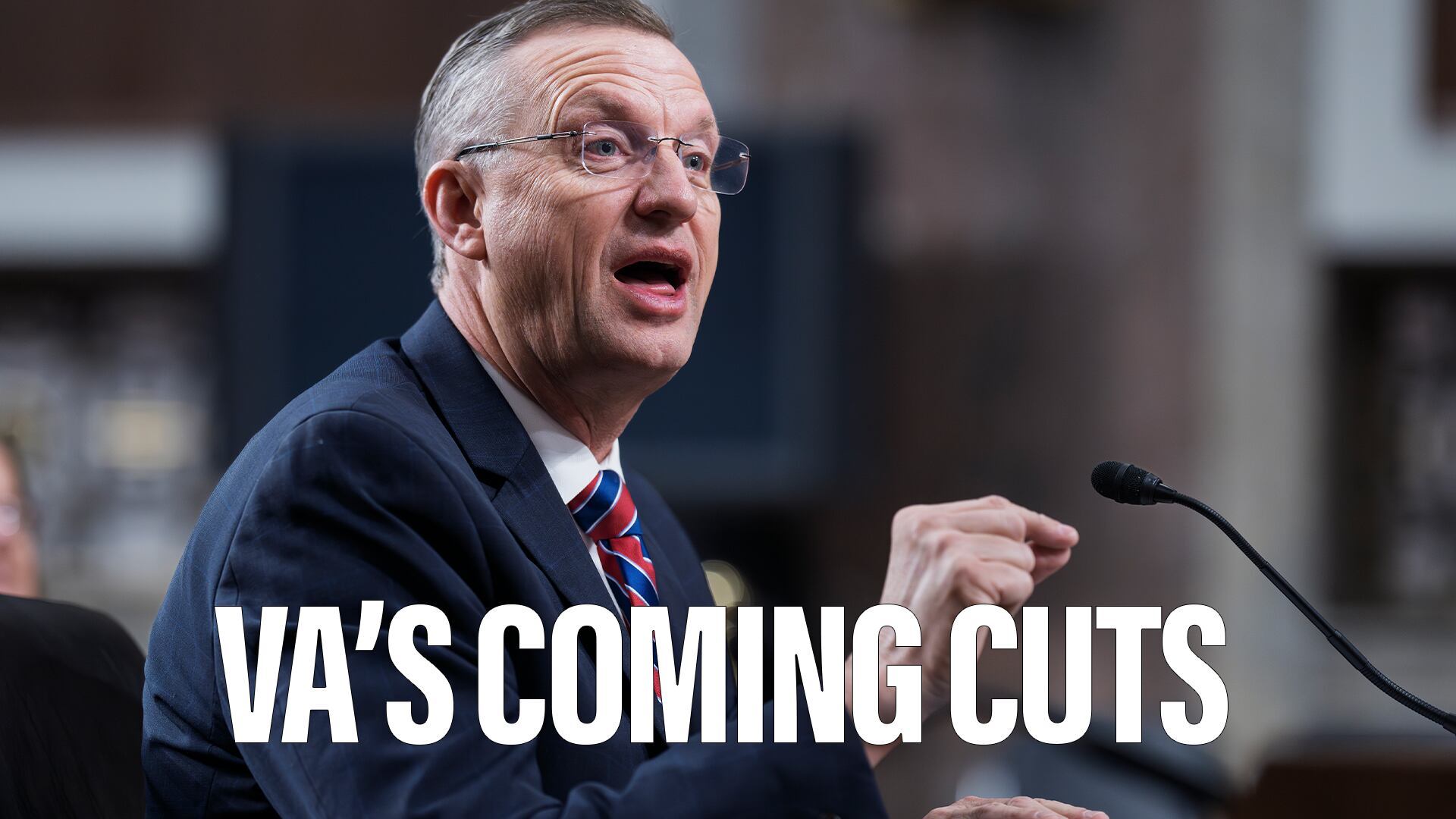ISLAMABAD — An attack on a university in the north-western town of Charsadda shows there are still lessons to be learnedt by Pakistan's security services, but what additional measures the military can take is uncertain.
The attack was carried out by four terrorists armed with AK-47s and grenades that took advantage of thick winter fog to scale a wall to the rear of Bacha Khan University in Charsadda, some 140km from the capital Islamabad.
Special police units were joined by their army colleagues and members of the special forces, who also used a helicopter to hunt down and kill the attackers. Though the security response was quick however, 21 people were killed (not including the four attackers) and 50 injured.
The Pakistani Taliban (TTP) claimed responsibility.
The attack comes came just over more than a year after a December 2014 attack on a school in Peshawar killed over 150, mainly children.
Though today's attack involved far fewer casualties, questions have been were raised as to what went wrong, and what more could can be done to prevent such terrorist outrages attacks on what are likely to remain relatively "soft" targets.
Claude Rakisits, Nnonresident Ssenior Ffellow the Atlantic Council's South Asia Center, said he believes the military however is doing all it can.
"It is difficult to see what else the Pakistan military can do which it hasn't already been doing,", he Rakisits said.
"As we know, the counter-terrorist and counter-insurgency operations that have been going on for over 18 months in the tribal areas have been very effective. The number of terrorist attacks have dropped dramatically."
He highlights said that even now security cannot be one hundred percent.
"As we have just seen with the attack on Bacha Khan University and the earlier suicide bombing in Peshawar, which killed 11 people. The military cannot guarantee that there will be no more terrorist attacks. No government in the world can, as we have sadly seen in Paris recently."
Rakisits said he believes the TTP will maintain the ability to carry out such attacks therefore.
"While the TTP has been weakened, its network disrupted and its fighting capability degraded, it is far from a spent force,", he said. "It takes very little effort to execute these latest unsophisticated attacks and the return for the terrorists is very high."
Adding, Rakisits added: "And, once again, the terrorists are able to send out the same message to the civilian population; that is, that they can strike anytime and anywhere with impunity and the military is not able to protect their children from these attacks."
Though acknowledging today's attack could have been much worse, analyst, author, and former air force pilot Kaiser Tufail said he believes thinks the key lies elsewhere.
"Charsadda is a non-military town. and the security cannot be expected to be at par with cantonments, though the latter have done no better, security-wise. For the security personnel to respond soon after the attack is no consolation," he said.
He Tufail pointsed out that there is an obvious gap between public expectations of the military and shortcomings in reality, where private security endeavors are the weak link in current security measures.
"While the army is expected to provide security at every possible target, it must be supplemented by private security guards at educational institutions and other important public places,", he said. "It is a sorry state of affairs as the guards are old, in poor physical condition, and have no arms training to speak of; they are poorly paid, and are no better than the 'chowkidars' [watchmen] who just keep any eye on what is going on around residential blocks."
Adding, "The government must make sure that the private security guards deliver in such situations, and should be able to deal with terror attacks," Tufail said.
Failure of the present security The security failure was highlighted by the fact that a staff member, Assistant Chemistry Professor Syed Hamid Hussain, engaged the terrorists with a pistol, allowing his students to escape before he was cut down in a hail of gunfire.
Some teachers were armed in the aftermath of the December 2014 attack, but teacher's associations here have generally rejected arming academic staff to ward off violent intruders.
Tufail also said he believes arming teachers this is a bad idea that will not end well.
"The government's knee-jerk reactions like arming the staff, as well as some students (as has been announced), is an uncalled-for step, and ripe for disaster."
"The emphasis should be on perimeter security and potent security measures, including properly trained guards,", he said.
Tufail says said more strident measures need to be taken and sacrifices made to ensure security.
"I do not think that we have learnt the right lessons after the [Army Public School] attack. I also feel that in the conditions of insurgency that we are facing, major development projects must be put on hold, and the money invested in enhanced security measures."
Usman Ansari is the Pakistan correspondent for Defense News.








